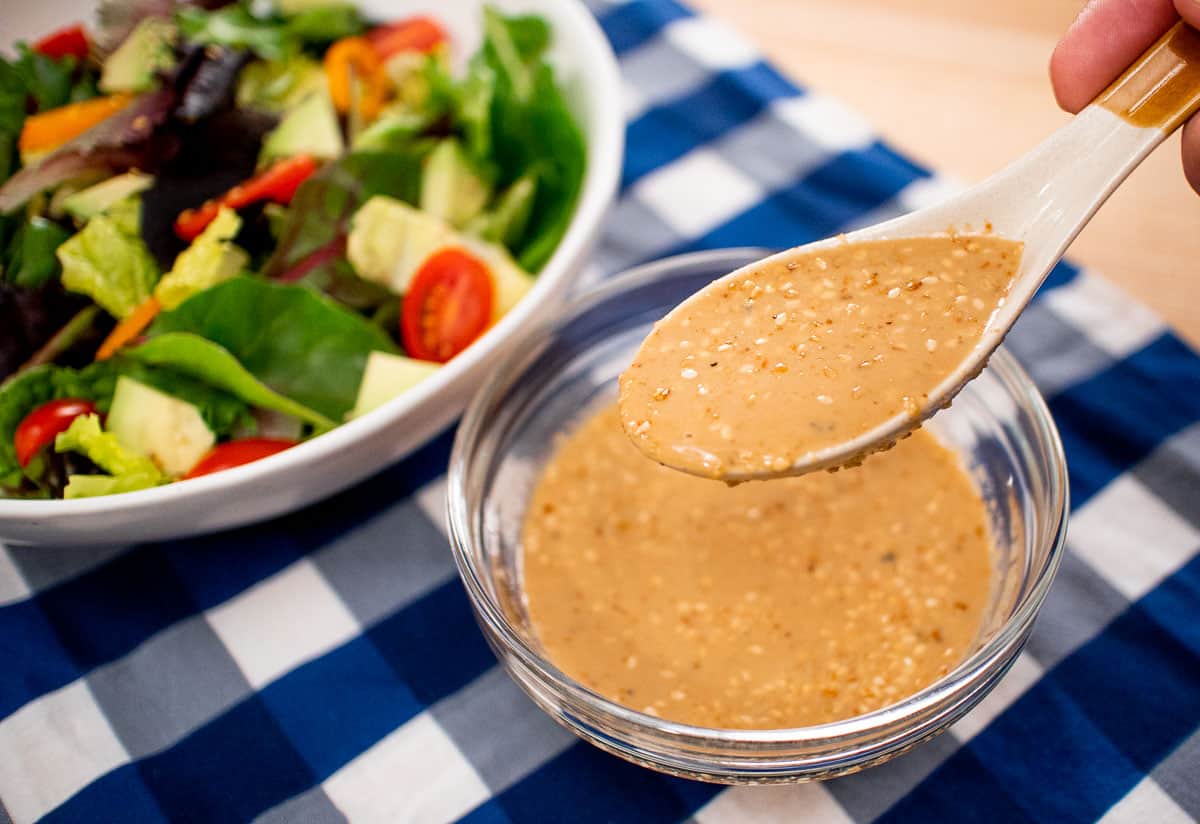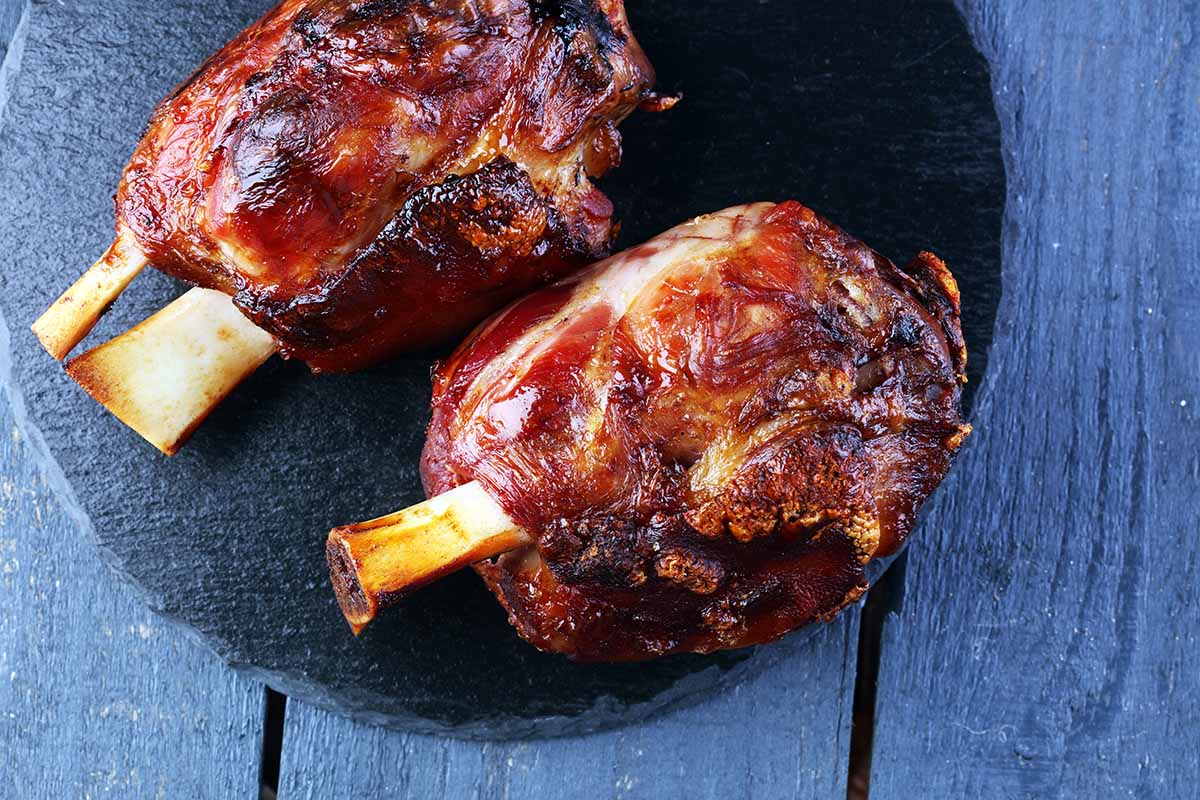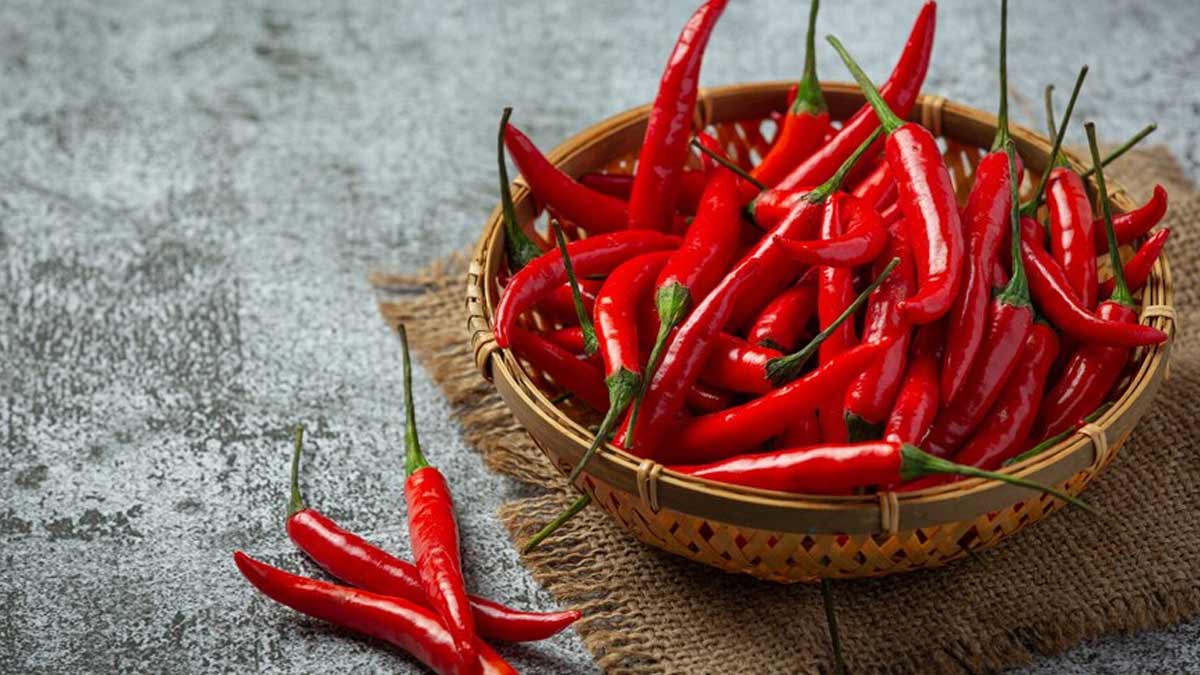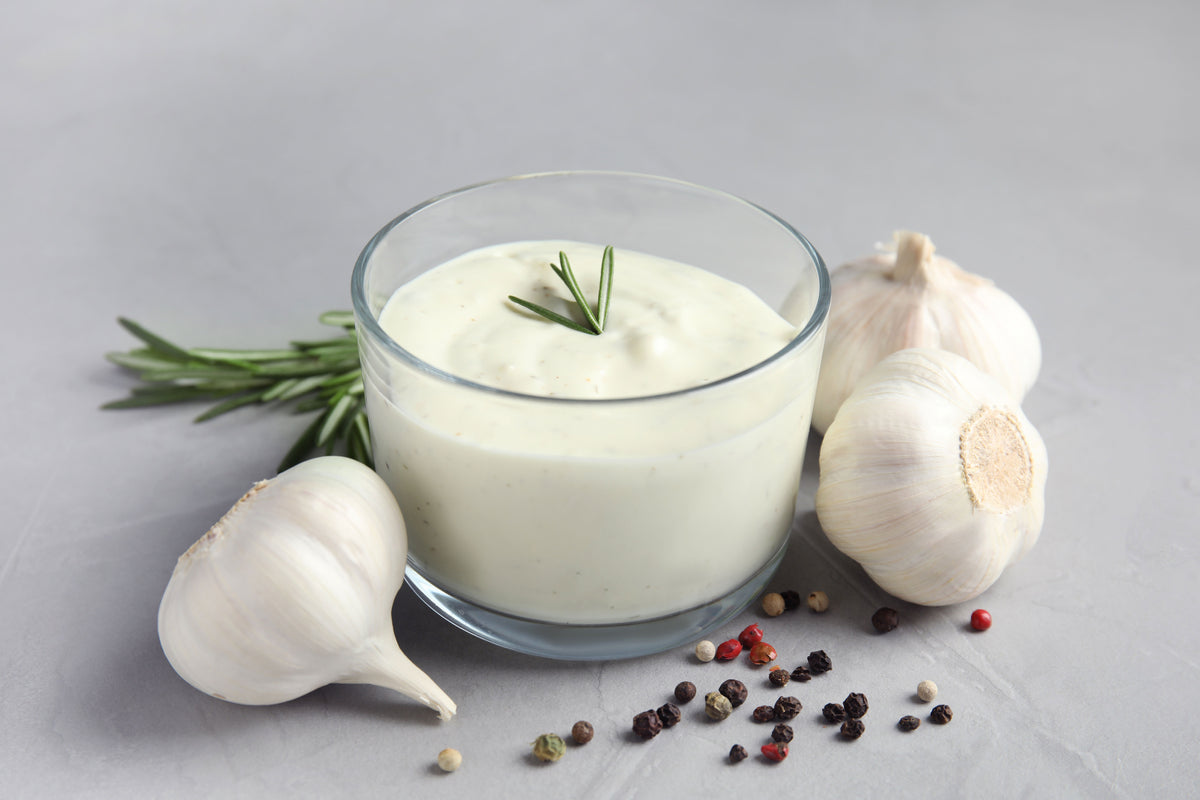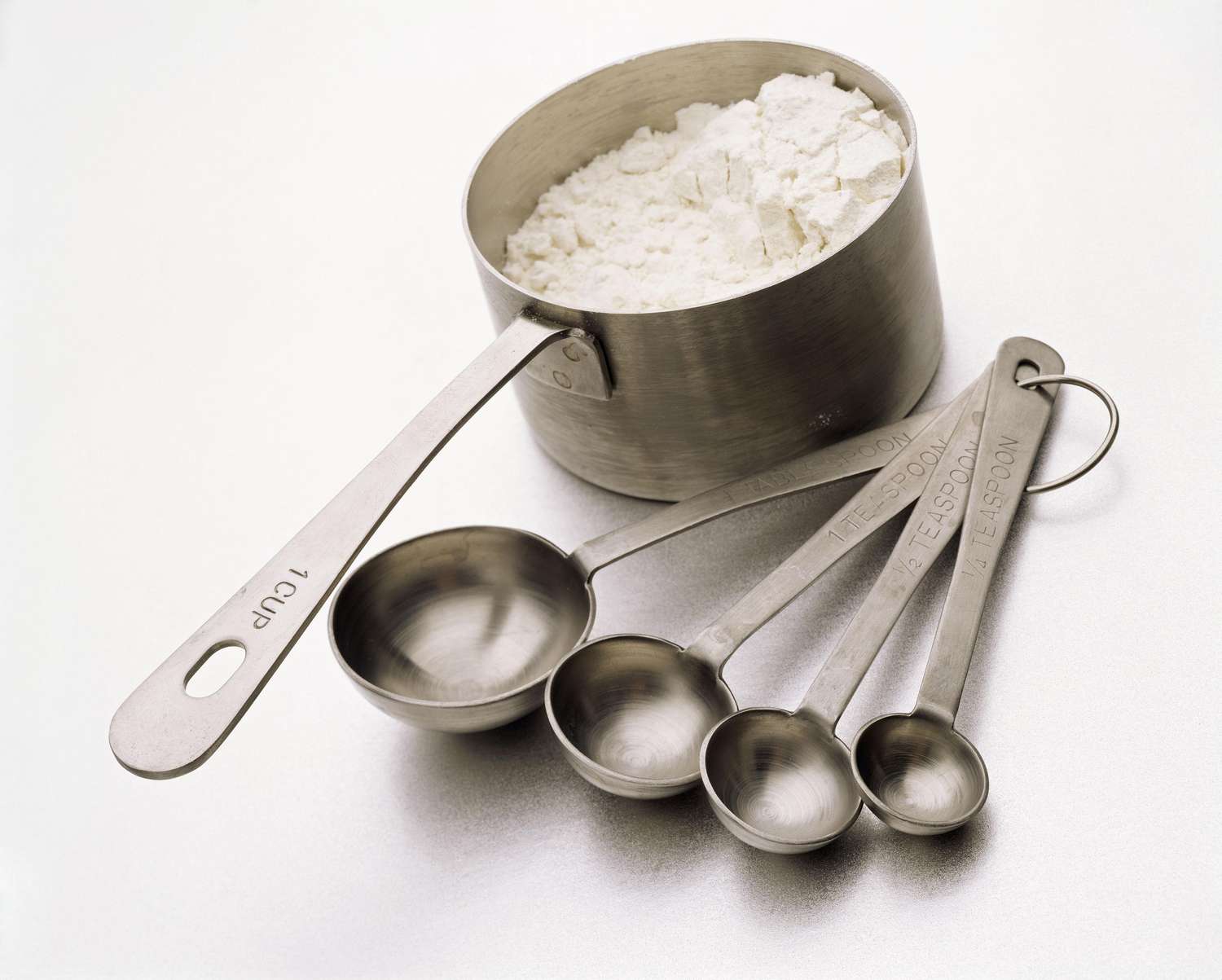Understanding the Seasonality of Dragon Fruit
Dragon fruit, also known as pitaya, is a vibrant and exotic fruit that has gained popularity in recent years due to its unique appearance and delicious flavor. But have you ever wondered when is the best time to enjoy this delectable fruit? Let’s delve into the seasonality of dragon fruit and discover when it’s at its peak.
What is Dragon Fruit?
Before we explore its seasonality, let’s take a moment to understand what dragon fruit is. Dragon fruit is a tropical fruit that is native to Central and South America. It is grown on a cactus species called Hylocereus, and comes in three main varieties: white-fleshed, red-fleshed, and yellow-fleshed. The fruit has a vibrant pink or yellow skin with green scales, giving it a striking appearance.
Seasonality of Dragon Fruit
Dragon fruit is a seasonal fruit, meaning that it has specific times of the year when it is at its peak in terms of availability and flavor. The seasonality of dragon fruit can vary depending on the region and climate in which it is grown. However, in general, the peak season for dragon fruit is during the summer months, typically from June to September.
During this time, dragon fruit is abundant and readily available in many markets and grocery stores. The warm weather and ample sunlight during the summer months create optimal growing conditions for dragon fruit, resulting in fruits that are sweet, juicy, and bursting with flavor.
Off-Season Availability
While the summer months mark the peak season for dragon fruit, advancements in agricultural practices and global trade have made it possible to find dragon fruit year-round in some regions. In areas with a tropical or subtropical climate, such as parts of Asia and Central America, dragon fruit may be available for a longer period due to favorable growing conditions.
Additionally, with modern transportation and distribution networks, dragon fruit can be imported from different regions, allowing consumers to enjoy this exotic fruit even when it is out of season locally.
How to Choose Ripe Dragon Fruit
When selecting dragon fruit, it’s important to choose ripe and flavorful fruits to fully enjoy their unique taste. Here are some tips for choosing ripe dragon fruit:
- Look for vibrant, evenly colored skin without blemishes or soft spots.
- Gently press the fruit – it should give slightly without being too soft.
- Check the tips of the scales – they should be dry and brown, indicating ripeness.
Ways to Enjoy Dragon Fruit
Dragon fruit can be enjoyed in a variety of ways, making it a versatile and delicious addition to your diet. Here are some popular ways to enjoy dragon fruit:
- Slice it and eat it fresh on its own.
- Add it to fruit salads for a pop of color and flavor.
- Blend it into smoothies for a refreshing and nutritious treat.
- Use it as a topping for yogurt or oatmeal.
- Incorporate it into desserts such as sorbets, tarts, or fruit bowls.
In Conclusion
Understanding the seasonality of dragon fruit can help you make the most of this delightful fruit when it is at its peak. Whether you enjoy it fresh on a summer day or incorporate it into your favorite recipes, dragon fruit is a tropical delight that adds a burst of flavor and color to your culinary adventures.
So, the next time you come across dragon fruit at the market, consider the seasonality and savor the opportunity to indulge in this exotic fruit at its finest.
Was this page helpful?
Read Next: What Is Krokan Swedish
